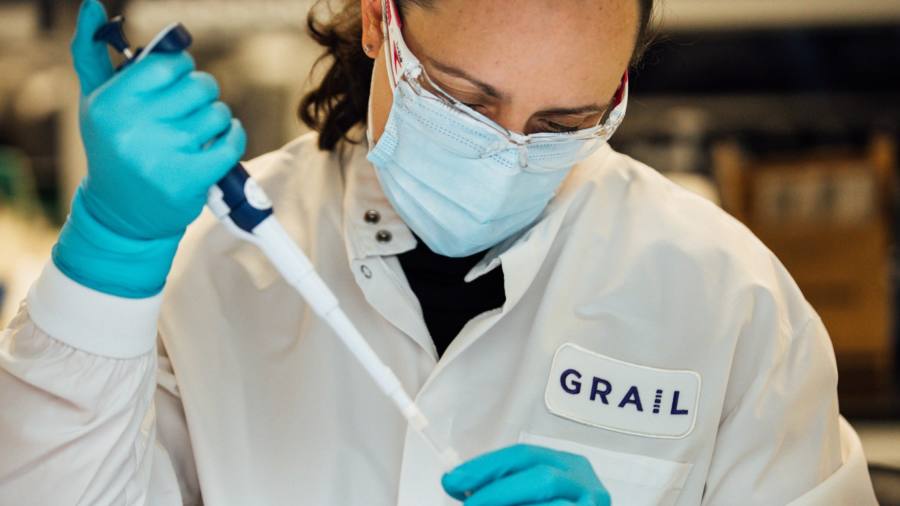Last month, more than 400 patients who signed up for a groundbreaking oncology detection test developed by US biotech company Grail received erroneous letters indicating they may have developed cancer.
According to an internal company document seen by the Financial Times, 408 patients were falsely told they had a signal in their blood that indicated they might have cancer.
Grail said the letters were sent “in error” by its telehealth provider, PWNHealth, and that its staff moved quickly to contact affected customers to reassure them that their test results were in error.
The incident has drawn the attention of some insurers who are trialing Galleri, a multi-cancer early detection test that it claims can detect more than 50 cancers from a single blood draw.
MassMutual, one of the largest life insurers in the U.S., said it had “paused” the pilot because a “small number” of policyholders were affected.
“We are aware that Grail has proactively contacted all of our participants to resolve this issue as quickly as possible,” it said.
Principal, another large U.S. life insurer whose clients were affected by the bug, said it was reviewing its relationship with Grail in the wake of the incident.
The incident highlights the risks of insurers adopting early detection technologies that offer the prospect of reducing claim payouts by keeping customers healthy.
Grail, a subsidiary of Illumina, the world’s largest gene-sequencing company, sells Galleri for about $950 per test and markets it to insurance companies and large employers. The test scans so-called cell-free DNA for changes caused by cancer cells.
The tests have been hailed as “revolutionary” and “cutting edge” by health chiefs in the UK and US, although many experts are urging caution in introducing them until large-scale clinical trials prove they save lives.
Grail said the erroneous letters were not in any way related to or caused by the erroneous test results from Galleri’s lab. The letters were inadvertently triggered by a configuration issue with the PWNHealth software, which has now been disabled, it said in a statement.
PWNHealth said it quickly launched an investigation and resolved the underlying issue within an hour of becoming aware of the issue, and had processes in place to ensure this did not happen again.
“Working with Grail, we began contacting affected individuals within 36 hours,” it added.
Grail, which will present Galleri this weekend at the largest cancer conference in the US, said more than half of the people who received the letter had not yet drawn blood for the Galleri test.
“As a result of this issue, no patient health information was disclosed or compromised, and no patient harm or adverse events were reported,” the company said.
In February, U.S. life insurer John Hancock announced it would expand access to Grail’s “first-of-its-kind” test, saying preventive care and early detection was crucial to its promise to help customers live “longer, healthier, better lives.” important. It is working with Munich Re on a pilot project announced in September.
A spokesman for John Hancock said the partnership with Grail has not changed. Munich Re declined to comment.
PWNHealth, a subsidiary of digital health company Everlywell, is an independent telehealth provider that reviews Galleri test requests, prescribes the test and provides results to patients.


